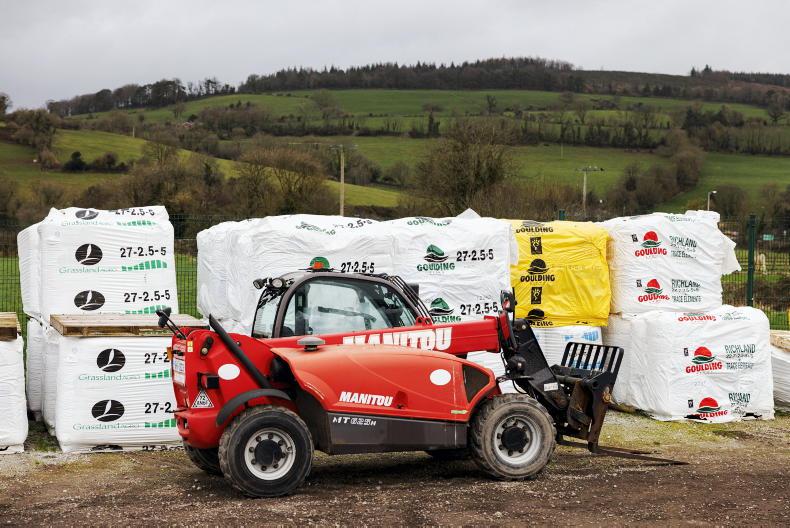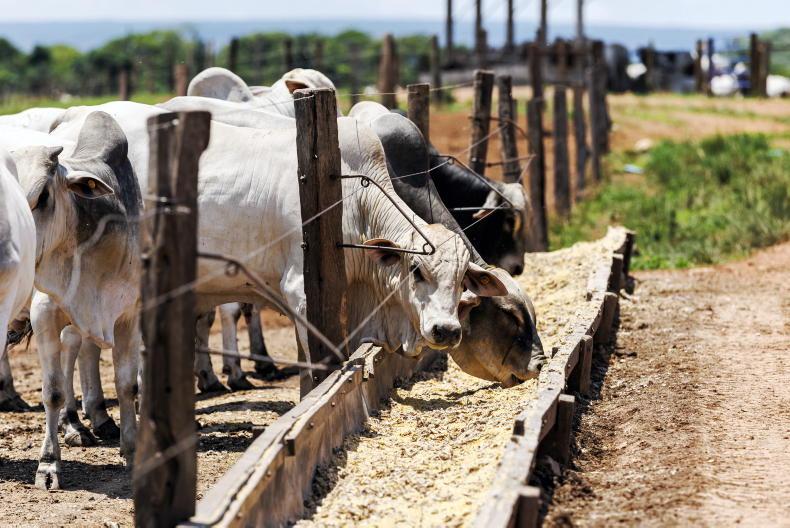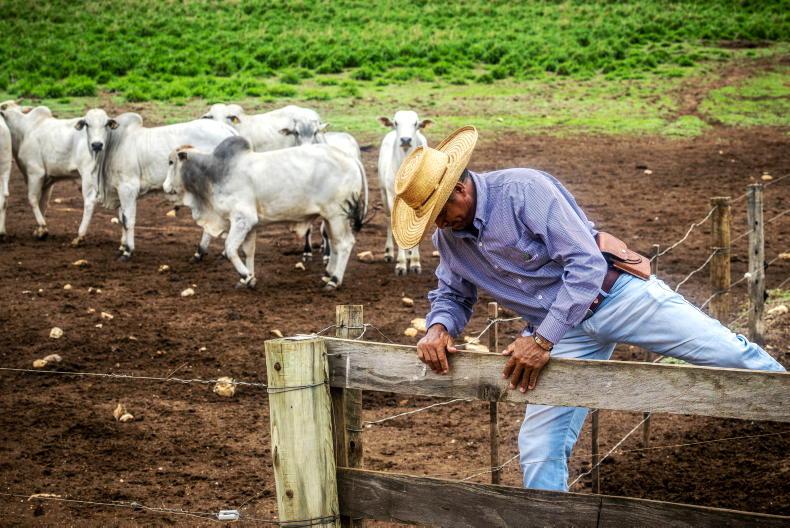The Nitrates Directive has been successful in reducing water pollution caused by nitrates in both surface and groundwater over the last 20 years, according to a report published by the European Commission on Friday.
However, the report points to some disparities among member states, which calls for renewed efforts to bring waters in the European Union to a good status.
Comparing groundwater monitoring results from the period 2012-2015 with those for 2008-2011, water quality remained the same or improved in 74% of the stations. Meanwhile, 42% of stations in the EU showed a stable and 32% indicated a decreasing trend. Water quality got worse for 26% of stations. The highest percentage of stations getting better was observed in Bulgaria (40.9%), Malta (46.3%) and Portugal (43.6 %), the most stable in Sweden (98%), and the highest percentage of stations getting worse was reported by Estonia (44.4%).
Farmers should always be looking for ways to manage the nutrient cycle more sustainably
Similarly for surface water, the highest proportion of stations equal to or exceeding 50mg/L were reported in Malta, while Sweden, Ireland and Greece reported the highest proportion of stations with less than 2mg/L.
The report states that nitrates still pose the most significant pressure on aquatic habitats. For countries like Ireland, where the whole country is classified as a nitrates vulnerable zone, the report recommends a more flexible approach at farm level that will increase farmers' ownership and engagement. It said this must be accompanied by targets, effective advice, stricter enforcement mechanisms and accurate nutrient management planning.
"Further effort is needed to achieve a more sustainable agriculture in the EU,” Karmenu Vella, Commissioner for Environment, Maritime Affairs and Fisheries said. “Farmers should always be looking for ways to manage the nutrient cycle more sustainably. This will reduce the costs for public authorities to treat polluted water, make it safe for drinking and is in the long-term interests of the farmers themselves.”
Read more
Stricter rules for derogation farmers in 2018
The Nitrates Directive has been successful in reducing water pollution caused by nitrates in both surface and groundwater over the last 20 years, according to a report published by the European Commission on Friday.
However, the report points to some disparities among member states, which calls for renewed efforts to bring waters in the European Union to a good status.
Comparing groundwater monitoring results from the period 2012-2015 with those for 2008-2011, water quality remained the same or improved in 74% of the stations. Meanwhile, 42% of stations in the EU showed a stable and 32% indicated a decreasing trend. Water quality got worse for 26% of stations. The highest percentage of stations getting better was observed in Bulgaria (40.9%), Malta (46.3%) and Portugal (43.6 %), the most stable in Sweden (98%), and the highest percentage of stations getting worse was reported by Estonia (44.4%).
Farmers should always be looking for ways to manage the nutrient cycle more sustainably
Similarly for surface water, the highest proportion of stations equal to or exceeding 50mg/L were reported in Malta, while Sweden, Ireland and Greece reported the highest proportion of stations with less than 2mg/L.
The report states that nitrates still pose the most significant pressure on aquatic habitats. For countries like Ireland, where the whole country is classified as a nitrates vulnerable zone, the report recommends a more flexible approach at farm level that will increase farmers' ownership and engagement. It said this must be accompanied by targets, effective advice, stricter enforcement mechanisms and accurate nutrient management planning.
"Further effort is needed to achieve a more sustainable agriculture in the EU,” Karmenu Vella, Commissioner for Environment, Maritime Affairs and Fisheries said. “Farmers should always be looking for ways to manage the nutrient cycle more sustainably. This will reduce the costs for public authorities to treat polluted water, make it safe for drinking and is in the long-term interests of the farmers themselves.”
Read more
Stricter rules for derogation farmers in 2018









SHARING OPTIONS